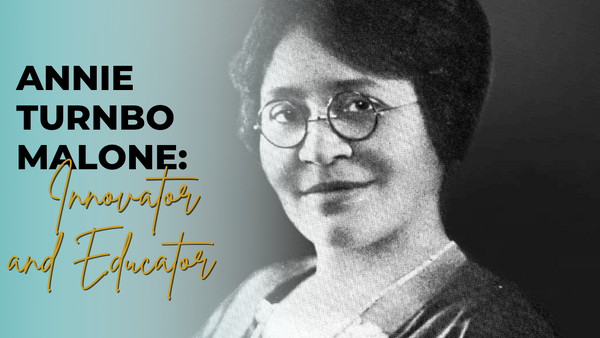Alopecia Awareness Month: Shedding Light on a Silent Struggle

September is a month that marks the beginning of autumn, a time when leaves fall and the weather changes. However, for many, September holds a different significance—it's Alopecia Awareness Month. This month is dedicated to raising awareness about alopecia, a condition that affects millions of people worldwide, causing hair loss on the scalp, face, and other parts of the body.
What is Alopecia?
Alopecia is an autoimmune disorder where the immune system mistakenly attacks hair follicles, leading to hair loss. There are various forms of alopecia, including alopecia areata, which causes patchy hair loss; alopecia totalis, which results in complete hair loss on the scalp; and alopecia universalis, which causes hair loss across the entire body.
The Emotional Toll
While alopecia is not a life-threatening condition, it can have a profound impact on an individual's emotional well-being. Hair is often considered a symbol of beauty and identity, and losing it can lead to feelings of insecurity, depression, and social anxiety. The emotional toll is particularly heavy on children and teenagers, who may face bullying or teasing from their peers.
What To Do If You Suspect or Have Been Diagnosed with Alopecia
If you suspect you have alopecia, the first step is to consult a trichologist or your healthcare provider for a proper diagnosis. Various tests may be conducted to confirm the condition. Once diagnosed, your provider will discuss treatment options tailored to your specific needs.
Treatment Options
While there is no cure for alopecia, various treatment options can help manage symptoms. Treatments, corticosteroid injections, topical creams, and oral medications are commonly prescribed. Some people also opt for wigs, hairpieces, or tattoos to cover the affected areas.
Support Groups and Counseling
Emotional support is crucial when dealing with alopecia. Support groups, either online or in-person, can provide a safe space to share experiences and coping strategies. Counseling or therapy can also help manage the emotional and psychological impact of the condition.
This September, let's all take a moment to educate ourselves and spread the word about alopecia. Together, we can make a difference.




